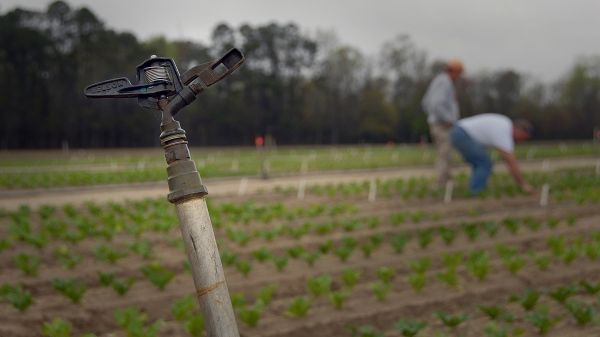A new study examining more than 100 years of agricultural production and weather data in the United States suggests stored water plays an important role in providing resilience to drought. The findings also suggest water management strategies, which differ across the U.S., play a key role in how different areas of the country respond to weather anomalies.
“We wanted to understand how agriculture responds to climate shocks,” said Eric Edwards, assistant professor in the Department of Agricultural and Resource Economics at North Carolina State University and a co-author of a paper describing the study. “The way that agriculture has adapted to climate shocks is generally through irrigation, but to what extent does having access to stored water matter?”
Access to stored water drives irrigation, whether that water is located in an underground aquifer or a dammed river. In addition to a dam and reservoir, surface water irrigation requires a network of canals and ditches. Conversely, farmers overlying an aquifer can just pump groundwater directly.
Continue reading at North Carolina State University
Image via North Carolina State University


